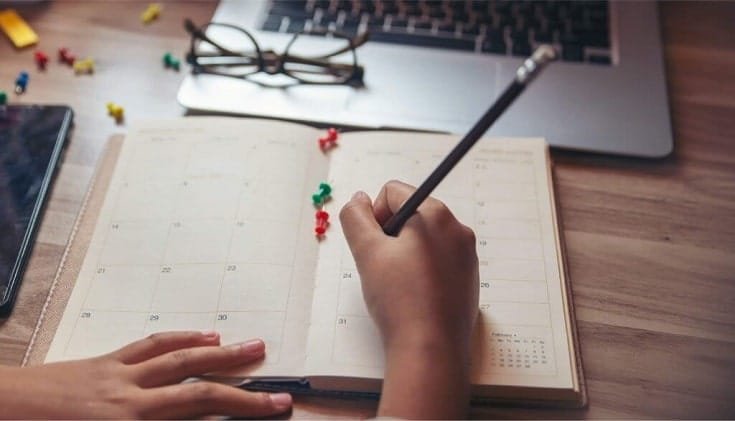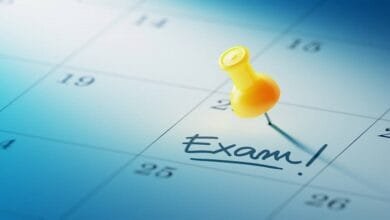Prioritizing Work and Play: Tips for Serious Students

A student’s life is characterized by the constant need to maintain a delicate equilibrium between academic pursuits and personal well-being. Striking the right balance between studies and leisure can enhance your educational performance and contribute to a more satisfying student experience. As the demands of academia intensify, the significance of establishing a harmonious work-life balance becomes paramount. This article delves into effective strategies to help students excel in their academic endeavors without compromising the joys of personal time and hobbies.
The Role of Breaks and Downtime in Enhancing Academic Performance
Regularly scheduled breaks are essential for improving concentration and preventing mental fatigue. Studies have shown that students who take short breaks during their study sessions tend to absorb information more effectively and sustain focus for extended periods.
Breaks can boost productivity and spark creativity. Stepping back from academics can allow the mind to make new connections and approach problems from fresh angles. This downtime can be spent on hobbies, exercise, or simply relaxing, contributing to cognitive restoration.
Moreover, a ‘break’ should not be restricted to short intervals within a study session. Longer periods of relaxation, such as weekends or holidays, are indispensable for a complete mental recharge. These longer breaks allow students to disengage from academics confidently, knowing they have structured their time efficiently to afford these rest periods.
Leisure activities need not be viewed solely as a reward for academic effort but as a necessary component of a successful student life. Pursuing interests such as traveling, joining a sweepstakes casino, or volunteering can provide enriching experiences that contribute to personal growth and well-being.
Setting Priorities: How to Identify Urgent vs Important Tasks
Understanding the difference between urgent and important tasks can significantly affect a student’s time management. Urgent tasks demand immediate attention because they are often associated with approaching deadlines or have high immediate stakes. On the other hand, important tasks contribute to long-term goals and academic growth but may not need to be completed right away.
Developing the habit of assessing the value and time-sensitivity of tasks each day can facilitate better planning. This leads to a more efficient workflow and ensures that you’re not just reacting to urgent matters but also making consistent progress on important objectives.
The Eisenhower Matrix is a practical approach to distinguishing between urgent and important tasks. This tool allows students to categorize tasks by urgency and importance, leading to clearer decision-making processes about where to focus their efforts at any given time.
Moreover, committing to a course of study, such as attaining a special education master’s degree, may add to the load. Still, it often offers the flexibility to self-manage time. If you’re looking for flexibility, search for ‘online special education masters degree‘ to find programs that suit your schedule. This can provide a superb opportunity to practice setting priorities to balance the pressing deadlines and the important requirements for long-term academic and professional achievements.
Effective Time Management Strategies for Balancing Studies and Leisure
One of the most imperative skills for achieving a sustainable balance between work and play as a student is mastering time management. Creating a structured schedule, with clear times for studying, class attendance, and leisure activities, allows you to make the most of your day without feeling overwhelmed.
Prioritization is key to effective time management. Understanding the urgency and importance of your tasks helps allocate attention to assignments requiring immediate action while setting aside time for long-term projects and regular study routines. This can prevent last-minute cramming sessions, which are less effective and more stressful.
Setting realistic goals and deadlines for each work session can increase focus and efficiency. You reinforce positive behaviors and maintain motivation by breaking down study materials into manageable chunks and rewarding yourself with breaks or leisure activities upon completion.
Furthermore, utilizing digital tools and calendar applications can visually organize tasks and monitor time spent. Consistently revisiting and adjusting this schedule reinforces accountability and assists in adapting to the changing dynamics of student life.
Altogether, balancing academic responsibilities with personal well-being is crucial for long-term success and satisfaction as a student. By implementing effective time management strategies and incorporating regular breaks, students can excel in their studies while enjoying leisure and relaxation.



